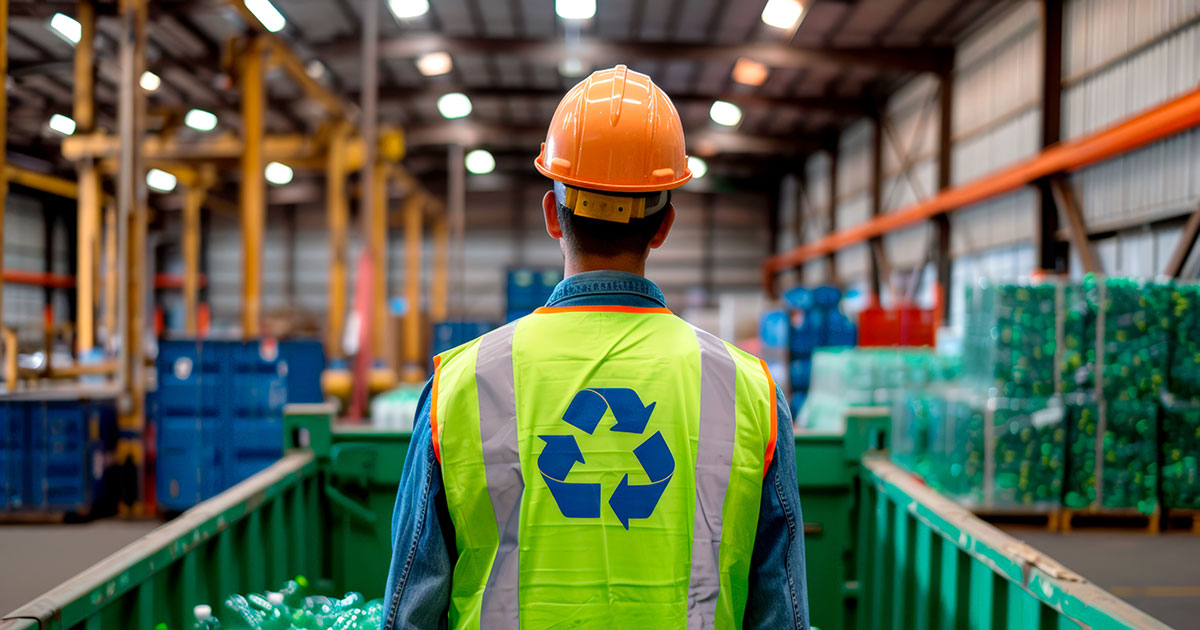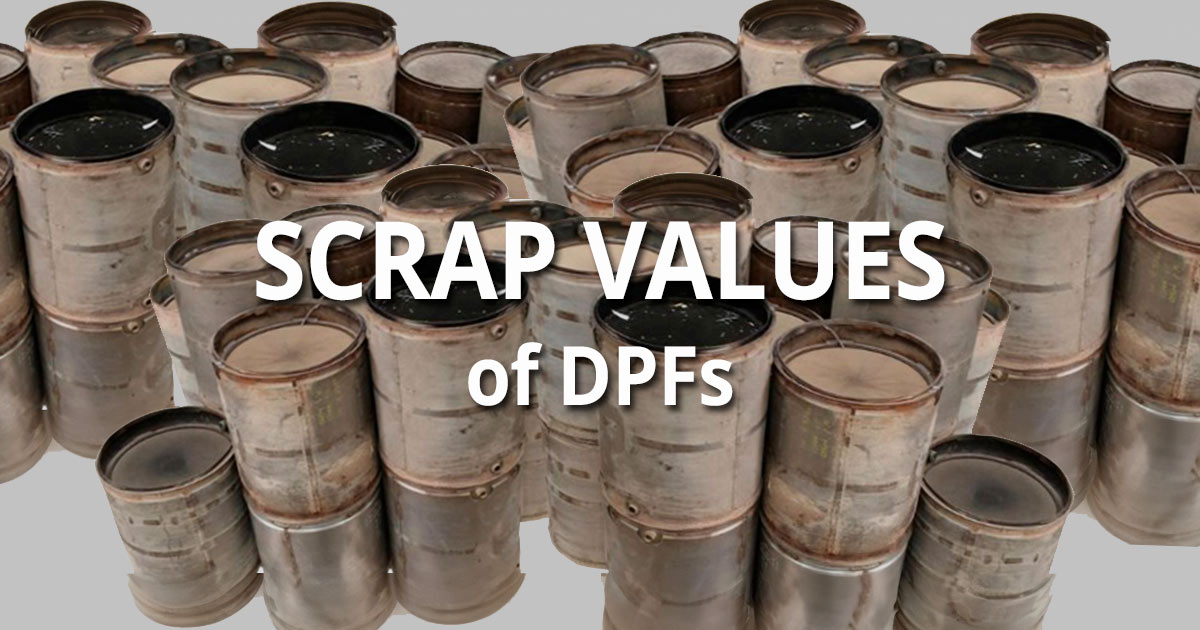Learn how DPF recycling fits with zero-waste programs. As a leading precious metal recycler, Red Fox offers innovative solutions for businesses to help them meet zero-waste goals.
With the cost of waste disposal rising (up over 25% in the last 10 years), scrap metal prices hovering between $.10 and $.25 per pound, and subject to the unknowns of international tariffs, now is as good of a time as any to consider a zero waste initiative through Red Fox Resources.
What is zero waste?
Zero waste for companies means a business practice that minimizes waste generation by responsibly producing, consuming, reusing, and recovering all materials and packaging throughout their lifecycle. The goal is to send as little waste as possible to landfills and minimize environmental impact, essentially striving to achieve “zero” waste disposal.
How do I become a zero-waste company?
We want to stress that the concept of zero waste is more of a goal to be pursued rather than a hard target that can be attained. This mentality provides guiding principles and a working framework for continually eliminating waste. You can take a few actions to work towards a zero-waste future.
1. Take a hard look at your company’s waste management
The primary objective of this step is to understand your business’s waste stream by establishing a baseline to track future progress. A thorough waste audit will determine the sources, types, and volumes of trash generated in your business.
A rigorous waste audit will produce a detailed account of waste generation, management, and disposal during a given period. You can categorize waste types and sources and collect, sort, weigh, and record them. You should also identify items that are being recycled and items going to the landfill. In essence, you will need to thoroughly understand your waste stream before you can effectively manage it.
2. Build momentum through short-term goals (dive in and start)
After completing your waste audit, you can determine what waste items you can eliminate immediately by creating short-term goals. You may identify some items going into garbage bins that can be diverted immediately. The most efficient way to attack this step is through conversations with your employees about how the items going into the trash can be efficiently recycled, reused, or composted.
Short-term goal achievement is also an excellent way to generate enthusiasm among employees and customers and signal your resolve to reduce waste to other stakeholders.
3. Set goals and revisit them
Creating a monthly or yearly set of waste management goals is a great way to ensure you are on the right track. Achievable and common-sense goals provide the feedback you need to take corrective actions.
How is zero waste beneficial?
- Zero waste initiatives can save your business the cost of waste management and disposal by simply not discarding as much material. Additionally, you can generate new revenue streams and avoid regulatory complications that can accompany waste generation.
- You can brand and market your business as a “green” or “sustainable” business.” This can help you build trust with customers, trading partners, and local communities.
How can Red Fox Resources help your company achieve a zero waste future?
Most diesel aftertreatment systems are coated with valuable Platinum Group Metals (PGMs) to ensure engine emissions meet CARB and EPA standards. Red Fox Resources recycles these systems when they reach their end of life to reclaim precious metals.
The Red Fox Resources diesel particulate filter (DPF) and diesel oxidation catalyst (DOC) recycling program provide a service that can be one puzzle piece towards your ultimate goal of a zero-waste future. Failed or excess emission systems are often discarded in the scrap metal bin, where they fetch a market price for scrap metal, or end up in the trash bin, meaning your company pays to send it to the landfill. This is where Red Fox comes in to help you reduce this expense and create a revenue stream for these recyclables. This revenue stream is typically created through the simple process of aggregating failed after-treatment systems for recycling.
When DPFs, DOCs, or three-way catalysts from natural gas engines arrive at our Oakland facility, the substrates from the systems are pulverized into a fine powder, and this processed material is refined for extracting PGM. The retrieved PGM gets put back into the American market, ultimately lowering the price of manufactured goods containing PGMs in the United States, primarily used for emission control systems and jewelry.
At Red Fox, we recycle all elements of the parts we buy back. The final component of our process is recycling the stainless-steel cans that house the diesel emission control systems. The spent housings are separated from the substrate material and sent to a scrap metal recycler, finalizing the process and ensuring no material you have sent Red Fox is wasted, helping your company achieve your zero waste goals.
Frequently Asked Questions | How It Works | Get A Quote
For more information, please contact Tripp Heller at 1-844-733-3695 or email at Tr**********@*************es.com.




